PENGUIN  CLASSICS
CLASSICS
EXILES RETURN
Malcolm Cowley grew up in Pittsburgh, Pennsylvania, and interrupted his undergraduate career at Harvard to drive a camion during World War I. He moved to New York City in 1919 and worked as an editor of The New Republic from 1929 to 1940. He served as president of the National Institute of Arts and Letters from 1956 to 1959 and from 1962 to 1965 and was chancellor of the American Academy of Arts and Letters from 1966 to 1976. He wrote numerous books of literary criticism, essays, and poetry, and edited many collections and anthologies. Among his many awards and honors were the Gold Medal for Belles Lettres and Criticism from the American Academy and Institute of Arts and Letters and the Hubbell Medal of the Modern Language Association for service to the study of American literature.
Donald W. Faulkner is the editor of Malcolm Cowleys The Flower and the Leaf: A Contemporary Record of American Writing Since 1945 (1985) and The Portable Malcolm Cowley (1990). He has written extensively on Cowley for literary journals, and was a fellow at the Newberry Library in Chicago, where Cowleys papers are housed. Faulkner teaches literature and creative writing at Yale University.
EXILES RETURN
A LITERARY ODYSSEY OF THE 1920S
MALCOLM COWLEY
EDITED AND WITH AN INTRODUCTION BY
DONALD W. FAULKNER

PENGUIN BOOKS
Published by the Penguin Group
Penguin Group (USA) LLC
375 Hudson Street
New York, New York 10014

USA | Canada | UK | Ireland | Australia | New Zealand | India | South Africa | China
penguin.com
A Penguin Random House Company
First published in the United States of America by W. W. Norton 1934
Revised and expanded edition published by The Viking Press 1951
Published in a Viking Compass edition 1956
Published in Penguin Books 1976
This edition with an introduction and notes by Donald W. Faulkner published in Penguin Books 1994
Copyright 1934, 1935, 1941, 1951 by Malcolm Cowley
Copyright renewed Malcolm Cowley 1962, 1963, 1969, 1979
Introduction and notes copyright 1994 by Donald W. Faulkner
Penguin supports copyright. Copyright fuels creativity, encourages diverse voices, promotes free speech, and creates a vibrant culture. Thank you for buying an authorized edition of this book and for complying with copyright laws by not reproducing, scanning, or distributing any part of it in any form without permission. You are supporting writers and allowing Penguin to continue to publish books for every reader.
LIBRARY OF CONGRESS CATALOGING-IN-PUBLICATION DATA
Cowley, Malcolm.
Exiles return : a literary odyssey of the 1920 / Malcolm Cowley; edited and with an introduction by Donald W. Faulkner.
p. cm.
Includes bibliographical references and index.
ISBN: 978-1-101-66267-0
1. American literature20th centuryHistory and criticism. 2. Cowley, Malcolm, 18981989Homes and hauntsFranceParis. 3. Paris (France)Intellectual life20th century. 4. AmericansFranceParisHistory20th century. 5. Cowley, Malcolm, 18981989Childhood and youth. 6. Authors, America20th centuryBiography. 7. CriticsUnited StatesBiography. I. Faulkner, Donald W. II. Title.
PS221.C65 1994
810.90052dc20 94-12846
Introduction
Among the chronicles, memoirs, and remembrances of the making of American literature in the 1920s, Malcolm Cowleys Exiles Return stands alone. Far from the we put on boxing gloves and Ernest Hemingway broke my nose recollections of that shaping period for a national literature, Cowleys work is a narrative of ideas, as he subtitled the original edition of his book, published in 1934. Save for a handful of anecdotes, the book is not an accumulation of silvered memories, but a meditative exploration of the design and goals of literary culture.
It is a book written by a young man about a young time, and its extolling of a young generations ability to cast off the baggage of its forebears and forge its own identity has quickened the hearts of generations of readers who have found resonance in its story. It continues to speak. Indeed, Exiles Return is not so much about Paris in the 1920s as it is about the exemplary revolt of one generation against its predecessors in the effort to establish itself.
Much later in his lifeCowley died in 1989 at age ninety after a distinguished career in American letters, the bulk of it spent shaping our estimations of American literaturehe wrote of the preconditions he saw for both generational self-identification and generational revolt. First among them, he said, is a sense of life, something that might be defined as an intricate web of perceptions, judgments, feelings, and aspirations shared by its members. Next is the generations thoroughness and even violence in setting aside parental or merely prevailing notions. Then each generation needs to acknowledge its precursorsmadmen and outlaws, as Cowley called them (borrowing F. Scott Fitzgeralds phrase), who give an intellectual structure to [the generations] own rebellionand must also witness or participate in historic events, which furnish its members with a common fund of experience. Finally, Cowley stipulated (once more echoing F. Scott Fitzgerald), the generation needs its own leaders and spokesmen. I hasten to add another element that Cowley perhaps took as a given: the group must feel in some fashion betrayed by both prevailing notions and historic events, in order, if only through alienation, to generate both the intricate web and the common fund of experience.
Although Cowley was speaking broadly, his prescriptions match the characterization early in Exiles Return of his own lost generation. Absent a vivid awareness of the generations precursors or spokesmenthey were to be identified presentlythe preconditions Cowley later nominated were all present. Particularly powerful, as Cowley presents the making of exiles in Exiles Return, was the sense of betrayal. First, the lost generation was brought to alienation by its education: It was uprooted, Cowley writes, schooled away and almost wrenched away from its attachment to any region or tradition. This was education as deracination. As a young man, Cowley says, he was not being prepared for citizenship or a role in the common life of America, but was instead exhorted to enter that international republic of learning whose traditions are those of Athens, Florence, Paris, Berlin, and Oxford. The bitterness expressed in these statements is quite different from the hymn to childhood Cowley presents in the opening to his first chapter, as though there he is recalling home ground like Candide, who embarks upon a journey navely and with the best of intentions, only to be rudely shocked.
The protagonist of this journeys story was not only Cowley, but an entire prewar literary generation. Trained for a world that existed largely in books, many of this generation volunteered before Americas entry into World War I for wartime service in a Europe that no longer existed. The slaughters at Chemin des Dames, the morass of Passchendaele, and the rout of the Italian army at Caporetto, among many other battles, profoundly altered this literary generations sense of both itself and the world. As Cowley puts it, The generation belonged to a period of transition from values already fixed to values that had to be created.

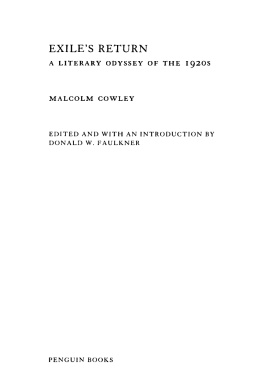


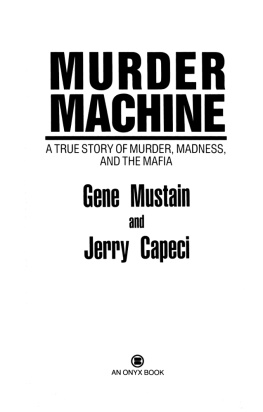
![Harry Turtledove - Worlds that werent : [novellas of alternate history]](/uploads/posts/book/79050/thumbs/harry-turtledove-worlds-that-weren-t-novellas.jpg)
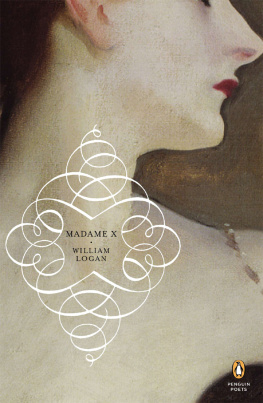
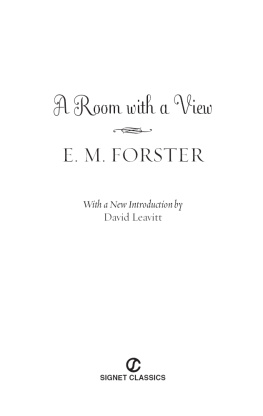
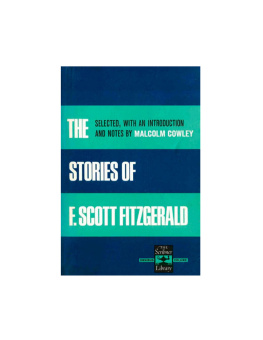

 CLASSICS
CLASSICS
